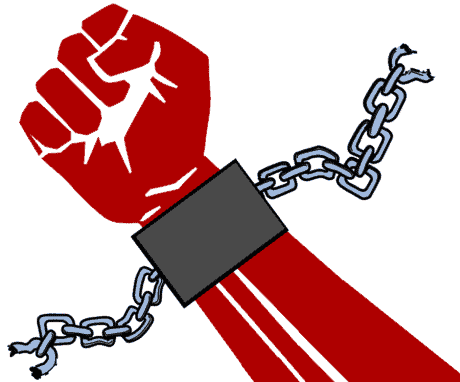Influences of the American life have penetrated deeply in our day to day lives, perhaps more than we would have wanted to. But are we aware of its consequences yet?
As we tread along the waters of this postmodern world, wading our way through the crests and troughs of capitalism and the dynamics of power, I can’t help but wonder about the American influences we’re all gradually transforming into victims of.
I feel like living a dilemma. What I read or watch stands in complete contradiction of where I belong. A world full of people can be suffocating if you feel like a part of the world of books, you know. But any individual is the sum of his/her surroundings. And surroundings include social and cultural backgrounds. I believe quite strongly I’m not the only one. As a millennial, citizen of an Asian country, and a girl born into a Hindu family, this clash seems profoundly overwhelming. Through this attempt at purging, I shall try to analyse what really is this ‘dilemma’.
Jeffrey Jensen Arnett, an American psychologist discusses the psychological effects of globalisation with a special focus on youth and suggests that it generally results in issues of identity (Arnett, 2002). I surmise this is the living dilemma.
India is a country that homes people from various religions, dialects, and cultural backgrounds. It is not, like a fully developed nation, a ‘homogeneous mixture’. And in this, we take pride. But these variations are perhaps leading into a loss of individuality, and by extension, lack of cultural/social values.
The hegemony established by the Britishers 200 hundred years ago seems to have metamorphosed into an advanced form. We are now slaves to the vibrant world of Netflix, juicy Macs, and brands that we can’t even pronounce the names of correctly. I do believe that this is the natural course of events and that there is nothing to regret or feel ashamed about here. What baffles me here is the wave of identity crisis that appears to have the strength of drowning us.
The question is not if it’s a good or a bad change, or a right or wrong change. The question is to what extent can it influence us, and to what extent – as people coming from a collectivist background – we would be able to take it.
Unlike children, adolescents have enough maturity and autonomy to pursue information and experiences outside the con?nes of their families. Unlike adults, they are not yet committed to a de?nite way of life and have not yet developed ingrained habits of belief and behaviour; they are more open to what is new and unusual (Arnett, 2002). As children of a developing state, we are even more vulnerable to these changes. The kind of information/data that unearths itself from the virtual world of internet is appealing to every adolescent, but I reckon what makes Indian children more prone to getting hooked is the post-colonial hangover, which makes sure that an adolescent gets exactly the kind of escape s/he needs.
A third-year student pursuing Political Science Honours from a Delhi University college remarked, “We have become slaves of American brands and products. We do speak and protest again capitalism, but not everyone can reject the kind of effect the American market is having on us.” One may promise to not go to a McDonalds for life, or not watch Netflix but to what extent can the youth of today – susceptible by the seemingly fancy world of the West – resist the temptations it offers? And how will the individual then, cope with the flipside of it in real life?
The myth that we are progressing towards an ‘advanced’ or more ‘civil’ world shall always remain a myth. The need of the hour is not to question if the changes happening around – ones that feel like seeping through the bones and skull of the nation – are right or wrong but that, are we ready to tackle with the issue of our identity that we are seemingly growing more confused day by day about.
Feature Image Credits: Socialist.ca
Akshada Shrotryia
[email protected]




Comments are closed.